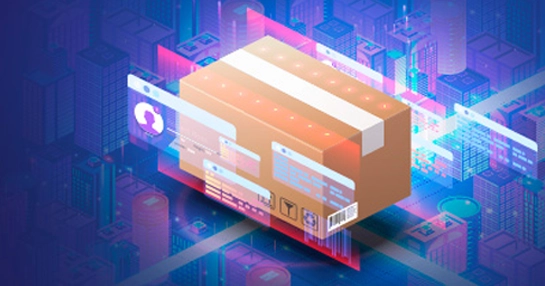-
GEP Software
-
- Procurement Software
- Direct Procurement Software
- Indirect Procurement Software
- Unified Source-to-Pay
- Source-To-Contract Software
- Procure-to-Pay
- Midsize & High Growth Enterprises
- Key Capabilities
- Spend Analysis
- Sourcing
- Contract Lifecycle Management
- Supplier Lifecycle Management
- Third-Party Risk Management
- Purchasing
- Payments
- Data Analytics and Reporting
- Do more with GEP SMART
- Intake Management & Orchestration
- Intelligent Category Management
- Tail Spend Management
- Cost Data & Analytics (GEP COSTDRIVERS)
- AI-First Supply Chain Management
- Supply Chain Visibility and Execution
- Logistics Visibility
- Inventory and Warehouse Management
- GEP Multienterprise Collaboration Network
- Supply Chain Control Tower
- Field Services
- Supply Chain Collaboration & Planning
- Supply Chain Planning
- Purchase Order Collaboration
- Forecast Collaboration
- Capacity Collaboration
- Quality Management Software
- Should-Cost Modeling
- Direct Material Sourcing
-
-
GEP Strategy
-
GEP Strategy
Unrivaled supply chain and procurement expertise + the transformative power of AI
Supply Chain Consulting
- Environmental, Social and Governance
- Sustainability Consulting Services
- Socially Responsible Sourcing
- Scope 3
- Demand and Supply Chain Planning
- Collaborative Planning
- Source To Contract
- Procure To Pay
- Inventory Strategy & Management
- Operations & Manufacturing Excellence
- GEP Total Inventory Management Solution
- Network Strategy & Optimization
- Warehousing & Transportation Management
-
-
GEP Managed Services
-
GEP Managed Services
World-class skills, experience and know-how — amplified by the power of AI
-


Autonomous AI Agents: A Retail Success Story
What if your supply chain could think, learn, and act on its own?
This episode explores how autonomous AI agents—intelligent systems that analyze data, make independent decisions, and continuously adapt—are transforming procurement and retail operations alike.
Drawing on insights from a GEP white paper and a Georgetown University study, the discussion reveals how leading companies are already cutting logistics costs by 15%, reducing inventory levels by 35%, and unlocking new efficiency across sourcing and fulfillment.
What You’ll Hear:
- How autonomous AI agents are revolutionizing sourcing, spend analysis, and supplier management across procurement and retail
- Real-world examples from retail giants using AI for forecasting, compliance, and negotiation advantage
- Practical steps to get started—strengthening data foundations, keeping humans in the loop, and scaling AI adoption responsibly
Listen now to discover how autonomous agents are redefining speed, strategy, and resilience across industries.
This is a audio recording of a recent podcast.
TO LISTEN, Please Enter your EMAIL
JUST A FEW MORE THINGS ABOUT YOU









